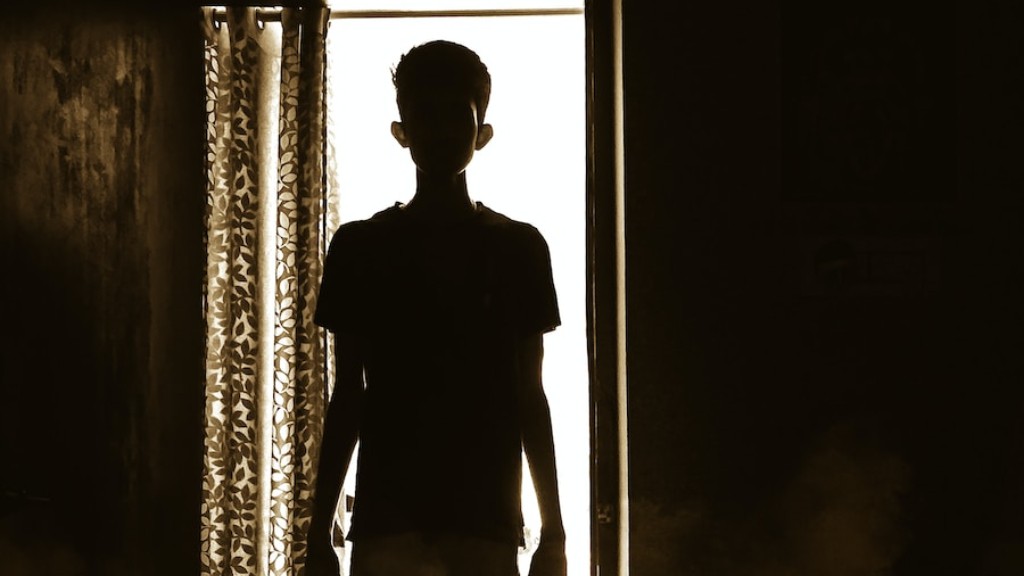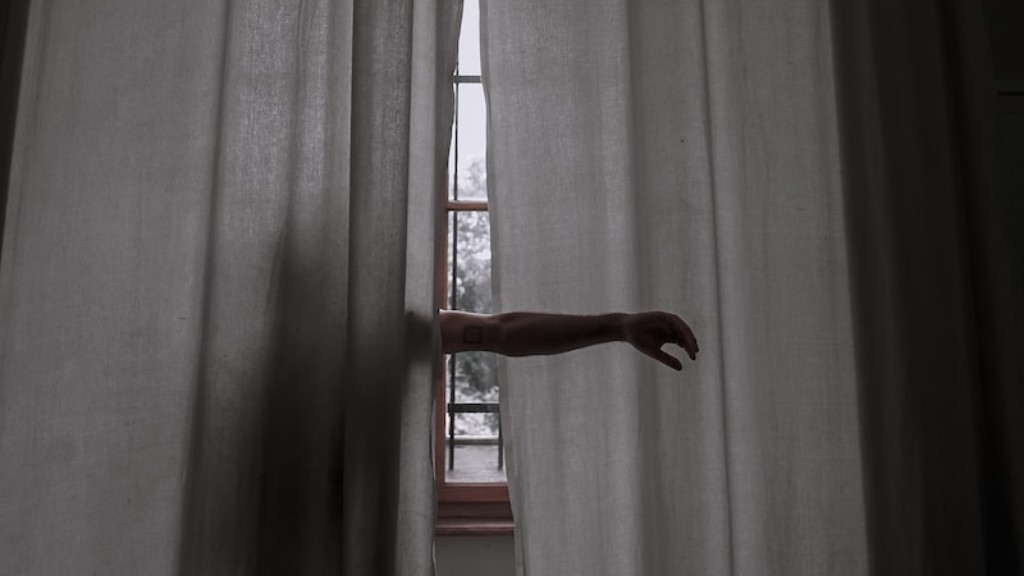Horror movies have been around since the late 1800s, and they continue to be popular today. While some people enjoy the suspense and fear that these movies provide, others may find that they have a negative effect on their mood and anxiety levels. Some common psychological effects of horror movies include increased anxiety, nightmares, and even post-traumatic stress disorder. If you are someone who is easily frightened or who has a history of mental health problems, it is important to be aware of how these movies can affect you before you watch them.
Horror movies can affect you in a number of ways. They can cause you to feel scared, anxious, and even panicked. In some cases, people have even reported feeling physically ill after watching a particularly gruesome scene. For some, this is all part of the appeal of horror movies. They enjoy feeling scared and adrenaline-pumped. Others may find that horror movies just don’t sit well with them and prefer to avoid them altogether.
What horror movies do to your brain?
It’s no secret that watching a scary movie can get your adrenaline pumping. But did you know that this can actually have some benefits for your brain? Multiple studies have shown that scary scenes can increase the level of adrenaline, releasing neurotransmitters in the brain. This can lead to faster reaction times, better alertness, improved concentration, and more. So next time you’re looking for a movie to watch, don’t be afraid to go for the suspenseful, scary option – it just might be good for your brain!
A study published in September in the journal Frontiers in Neuroscience found that people who voluntarily expose themselves to scary situations have lower levels of anxiety and stress.
So if you’re looking for a way to reduce your stress this Halloween, consider heading to a haunted house or watching a scary movie. Just don’t overdo it – the key is to find the right balance of fear for you.
How do horror movies make you feel
Horror entertainment is a popular genre for many people because it provides a rush of adrenaline and other hormones that can create a sense of excitement and pleasure. While some people may find this type of entertainment disturbing, for others, it can be a way to release built-up tension and stress. For those who enjoy horror entertainment, it is important to remember that the brain is processing the information differently than if it were a real-life threat. This knowledge can help to prevent any negative psychological effects from occurring.
It is important to remember that exposure to media, television, movies, or pictures cannot cause PTSD. However, for people who have experienced trauma, these things can be triggers for symptoms of PTSD. Symptoms of PTSD include: Re-experiencing the trauma through intrusive distressing recollections of the event, including flashbacks and nightmares. Avoiding reminders of the trauma and numbing oneself emotionally. Having negative thoughts and feelings about oneself, others, and the world. Experiencing hyperarousal, which can manifest as irritability, trouble sleeping, and hypervigilance.
Do horror movies affect mental health?
It is important to be aware of the potential risks of watching horrific images, as they can trigger unwanted thoughts and feelings, and increased levels of anxiety or panic. Those of us who are anxious may be more likely to respond negatively and misinterpret the sensations as real threats. If you are feeling particularly vulnerable, it may be best to avoid watching such images altogether. If you do choose to watch them, be sure to do so in a safe and controlled environment, and with someone who can offer support if needed.
Horror is addictive because it is exciting. The build-up and impact tends to be greater than any other genre. It responds much more to human nature than anything else. It’s fun to be scared, to push yourself, and to sometimes have something you are told you can’t have.
What personality type likes horror movies?
The present study investigates the connection between personality traits and preference for horror movie genre. Low neuroticism and high sensation seeking were found to be better predictors of horror movie preference (Zuckerman & Little, 1985). The study found that those who are less neurotic and more sensation seeking are more likely to enjoy horror movies. This may be because they are less likely to be scared or offended by the content and more likely to find the suspense and shocks enjoyable.
When we watch scary movies, our bodies go into the “fight or flight” response. This means that our brains are releasing adrenaline, which prepares our bodies for stressful situations. Our sympathetic nervous system responds to the threat by increasing our heart rate and blood pressure. This response can be helpful in some situations, but it can also be dangerous if it happens too often.
Can horror movies treat anxiety
The study found that people who watched scary movies had a decrease in anxiety. This is because they were able to handle their anxiety in a well-defined manner. The study showed that people who did not watch scary movies had an increase in anxiety.
Some researchers believe that people who are more prone to seeking out thrills and excitement are more likely to enjoy horror-related experiences. On the other hand, those with a lower sensation-seeking trait may find these experiences unpleasant and avoid them.
What do horror movies teach us?
This statement is true in many ways. Our experiences, both good and bad, help to shape who we are. They can make us more compassionate and understanding, or they can make us more guarded and closed off. either way, they have a big impact on the way we interact with the world around us.
Re-traumatization by film can have profound effects on one’s mental health and well-being. For those who have survived a traumatic event, watching a film that portrays that event can trigger memories and emotions that can be overwhelming. In some cases, it can even lead to post-traumatic stress disorder (PTSD). While films can be a great way to raise awareness about important issues, it’s important to be aware of the potential impact they can have on those who have experienced trauma. If you or someone you know is struggling with mental health, please reach out for help.
What is the most traumatizing horror movie
These films are some of the most horrific and disturbing films ever made. If you’re looking for a good scare, then look no further than these movies.
Cinematic neurosis is a rare phenomenon in which distress from watching horror films results in a need for psychological intervention. People who suffer from cinematic neurosis may experience extreme fear and anxiety after seeing a scary movie. If you experience distress from watching horror films, it is important to seek help from a qualified mental health professional.
Can I get PTSD from movies?
If you are regularly exposed to violent or graphic content at work, it is possible to develop PTSD symptoms. This is especially true if you are not able to take regular breaks or have time to process what you’ve seen. If you are experiencing symptoms of PTSD, it is important to seek help from a mental health professional.
It has been suggested that certain personality traits and cognitive/affective traits may be relevant to horror preference and/or enjoyment of horror. These include, but are not limited to, sensation seeking, empathy, theory of mind, need for affect, and the dark tetrad. Additionally, other individual differences such as age and sex may also be relevant.
Final Words
Negatively, horror movies can affect your sleep, give you nightmares, and make you feel anxious. You might scream, jump, or cover your eyes during a scary part. Some people have even reported feeling sick to their stomach after watching a particularly gruesome scene.
Horror movies can affect you in many ways. They can make you scared, anxious, and even sick to your stomach. If you have a weak heart or are easily scared, you should avoid watching horror movies.





